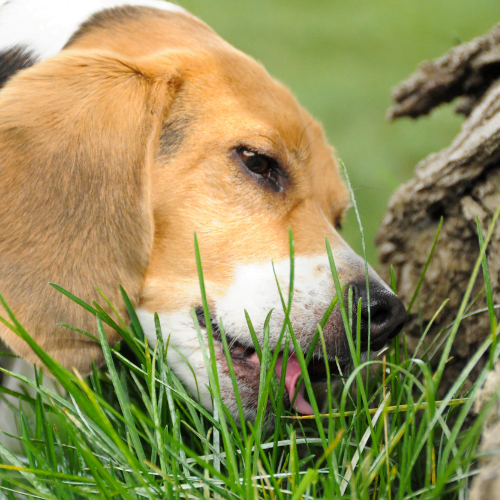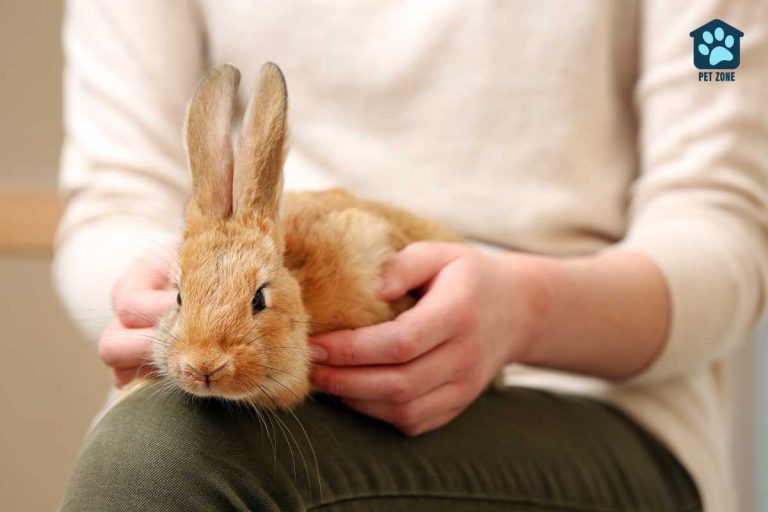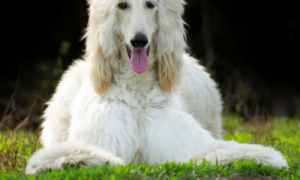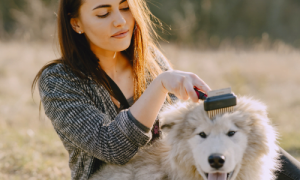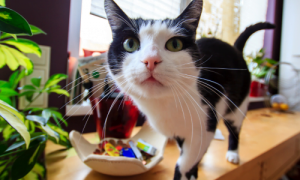Estimated reading time: 4 minutes
Hey there, fellow dog lovers! If you’ve ever seen your beloved canine companion chowing down on the green stuff, you’ve probably asked yourself, “why do dogs eat grass?” Today, we’re going to delve into the reasons behind this fascinating behavior and separate fact from fiction.
A Natural Instinct
First and foremost, let’s get one thing straight: dogs eating grass is actually quite normal. In fact, it’s a behavior observed in wild canines too. Some experts believe that this grass-eating habit is simply a remnant of their evolutionary past when dogs had to scavenge for food.
Dogs are omnivores, meaning they eat both plants and animals. In the wild, their diet often includes plant matter as well. As domesticated dogs evolved, they retained this innate desire to munch on grass. This could explain why your furry friend might enjoy grazing on your lawn from time to time.
The Self-Medication Theory
Although it’s true that many dog owners report their pets eating grass when they’re feeling unwell, it’s important to consider other factors that could explain this behavior.
For starters, less than 25% of dogs actually vomit after eating grass. Moreover, since the majority of dogs don’t experience any negative side effects after consuming grass, it’s unlikely that they’re eating it for its potential emetic properties.
Boredom or Anxiety
Sometimes, dogs eat grass simply because they’re bored or anxious. Just like humans, dogs need mental stimulation and physical exercise to stay happy and healthy. If your dog isn’t getting enough of either, they might resort to eating grass as a way to pass the time or cope with their anxiety.
If you suspect that boredom or anxiety might be the culprit, make sure to provide your dog with plenty of physical and mental stimulation. Regular walks, interactive toys, and even puzzle games can work wonders to keep your dog’s mind and body engaged.
Nutritional Imbalance
It’s also possible that dogs eat grass to address a nutritional imbalance in their diet. If your dog’s regular food isn’t providing all the essential nutrients they need, they might instinctively seek out alternative sources—like grass.
If you’re concerned about your dog’s nutrition, it’s always a good idea to consult with your veterinarian. They can help you choose the right food for your dog’s age, breed, and activity level, ensuring that they get all the nutrients they need to thrive.
Is It Harmful for Dogs to Eat Grass?
In most cases, eating grass is harmless for dogs. However, there are a few situations where it could be dangerous:
- Pesticides and Herbicides: If the grass your dog is eating has been treated with chemicals, it could be toxic for them. Make sure you’re aware of any treatments applied to your lawn or any public spaces you visit with your dog.
- Parasites: Some parasites, like roundworms, can be transmitted to dogs through grass. Keep your dog’s deworming and vaccinations up-to-date to reduce the risk.
- Gastrointestinal Obstruction: In rare cases, eating large quantities of grass can lead to a gastrointestinal obstruction.
While grass-eating is usually harmless, it’s essential to keep an eye on your dog’s overall health and well-being. Eating grass may be an indicator that your dog has an upset stomach, is feeling nauseous, or may be having some other difficulty, such as a hairball that is preventing normal passage of food.
If your dog is consuming grass in excessive amounts, it’s important to monitor them closely for any signs of distress, such as vomiting, diarrhea, or abdominal pain. If you notice any of these symptoms, contact your veterinarian immediately.
Final Thoughts
Whether it’s due to natural instincts, self-medication, boredom, anxiety, or a nutritional imbalance, the important thing is to monitor your dog’s behavior and overall health.
If you’re ever concerned about your dog’s grass-eating habits or their general well-being, never hesitate to consult with a trusted veterinarian. They’ll help you get to the root of the problem and ensure your furry friend is happy, healthy, and well-cared-for.


